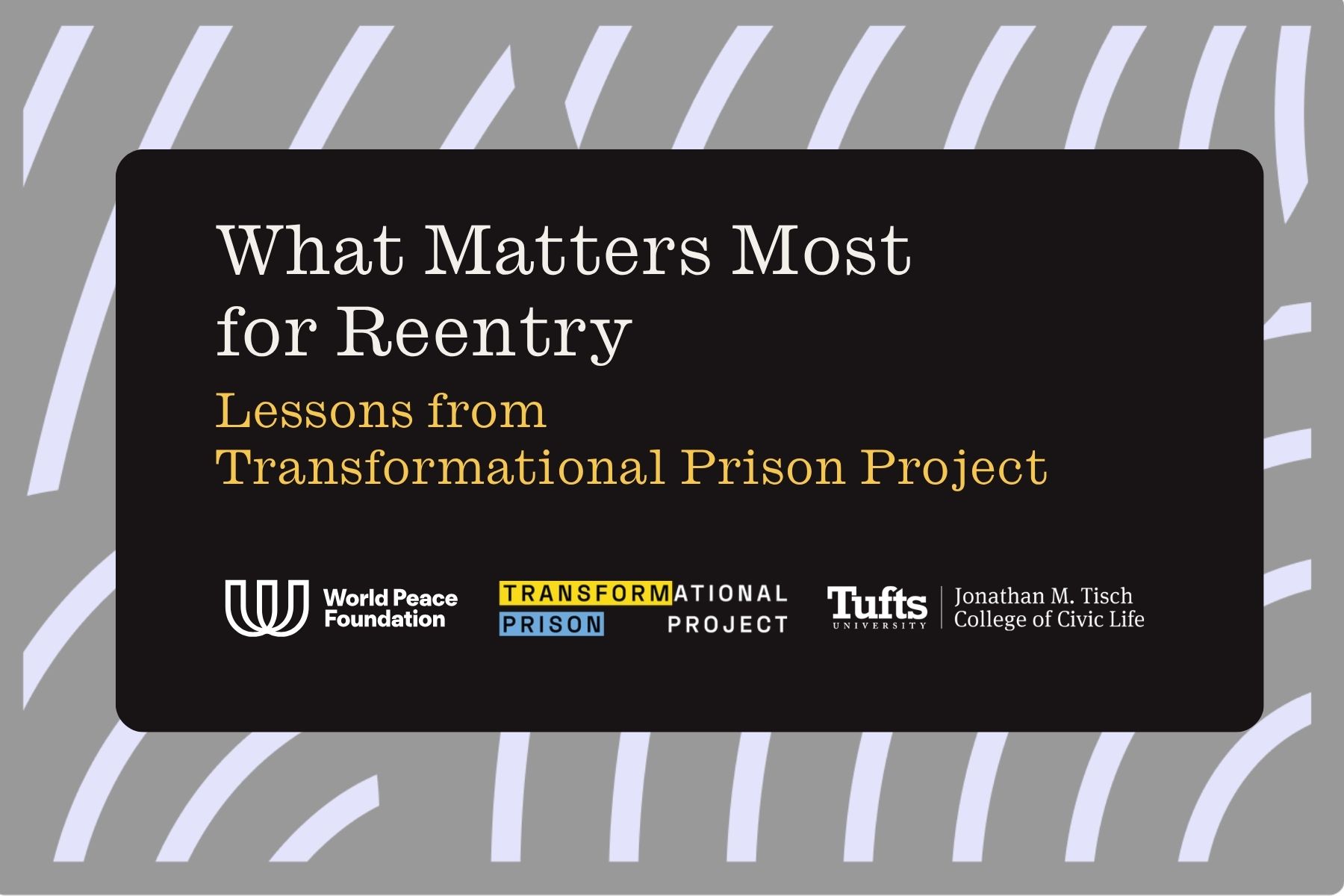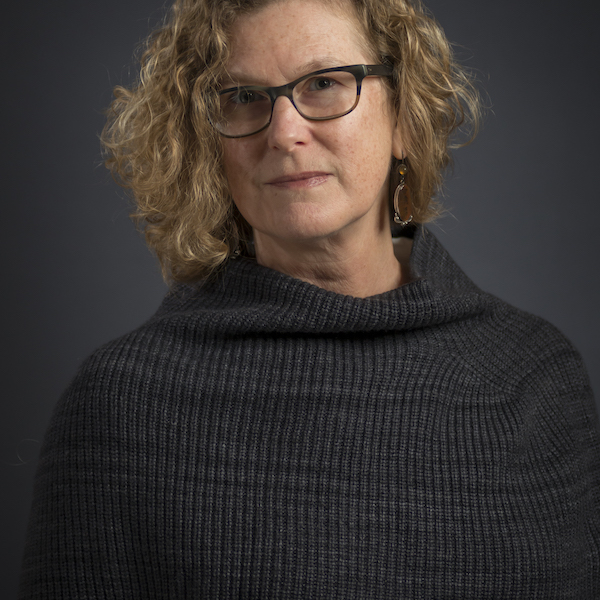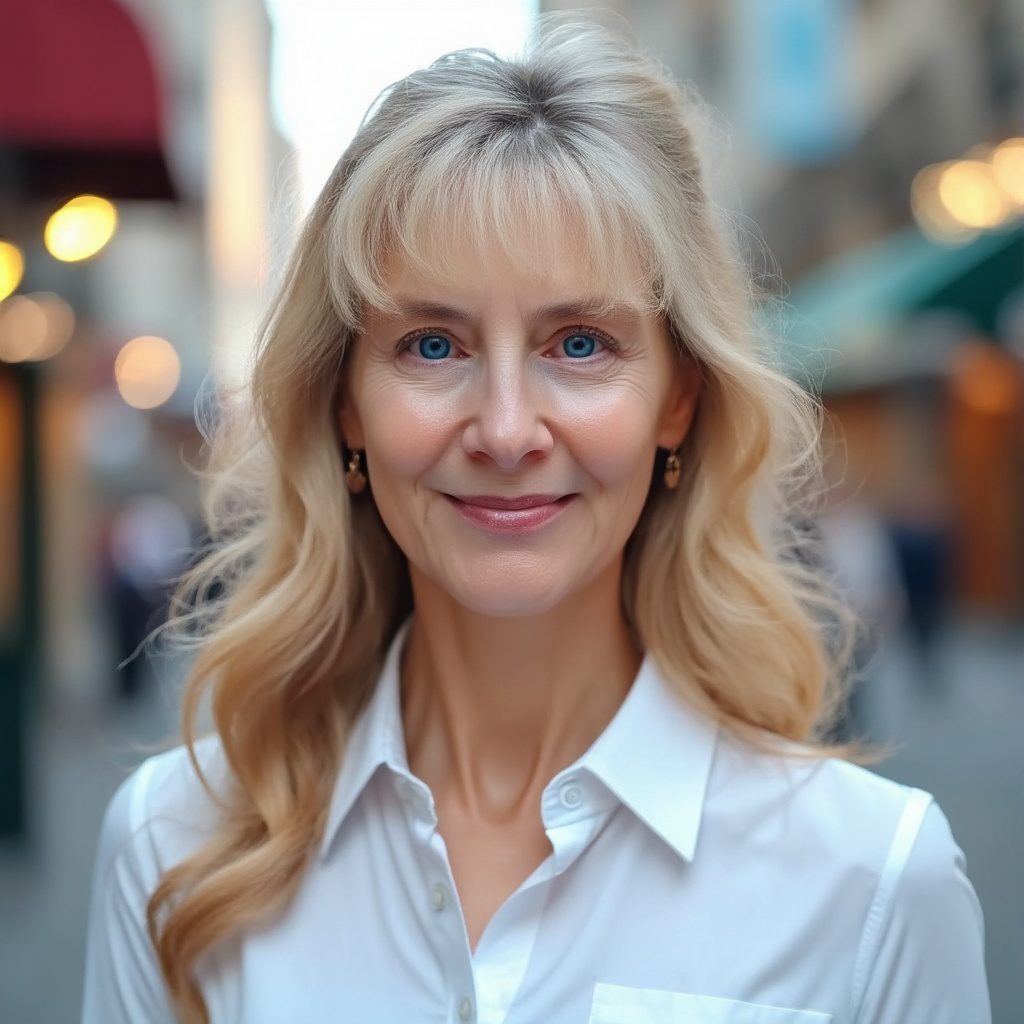Mass incarceration is a broken, harmful, and criminogenic system. Its stated goal of creating safe communities is undermined by how it disrupts the very caring relationships that undo harm. Knowledge of how carceral systems criminalize care and how people nonetheless resist already exists within communities of incarcerated and formerly incarcerated people, and their loved ones.
This project captures that knowledge and shapes it into an edited volume that is tentatively titled, The Praxis of Care: Carceral Disruptions and Community Resistance. The project team includes people with expertise formed through direct experience and scholarly research. Through narrative analysis, oral histories, story-telling, feminist ethics, philosophical theories of the self, restorative practice, and deep personal experience of our team and collaborators, we show how a humanities-based critique of carcerality can build a transformative theory of care relevant to research on prisons and world-making in oppressive contexts.
This project is a collaboration between the World Peace Foundation and Colby College, and is partially funded by a grant from the National Endowment for the Humanities that is administered through Colby College. Chapter contributors include: B. Arneson (WPF), Catherine Besteman (Colby College), Stacey Borden (New Beginnings Reentry Services), Brandon Brown (PhD candidate, Peace and Conflict Resolution at George Mason University, and Freedom & Captivity [Colby College]), Armand Coleman (Transformational Prison Project), Bridget Conley (WPF), and Linda Small (MSc Student, University of Southern Maine, Founder and Executive Director, Reentry Sisters, Justice Think Tank Fellow and Freedom & Captivity [Colby College]).
In addition to chapters authored by the above contributors, one chapter will focus on the experiences of family members and loved ones of people inside prisons and jails. It will be based on interviews conducted in Maine and Massachusetts, a process overseen by a project advisory board entirely composed of directly impacted people. The Advisory Board includes: Jasmyn Brown, Jacqueline Fonseca, Juanda Gikandi, Shanita Jefferson, James Marshall, Laurie Normand, and Daniel Porter.





